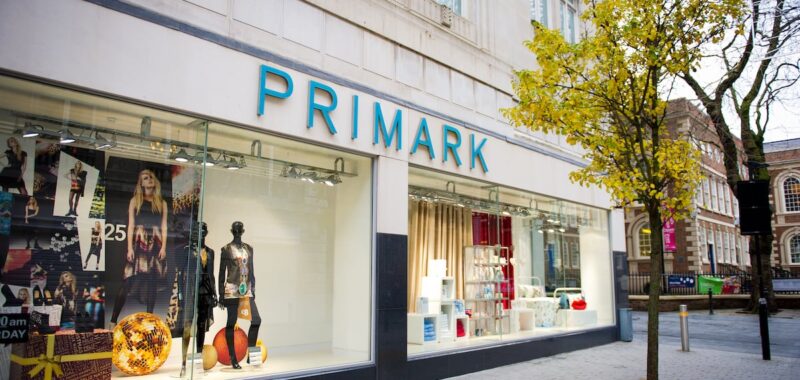
Associated British Foods Plc cut guidance for sales growth at its Primark discount fashion retailer, blaming weak UK consumer sentiment.
The British conglomerate, which also has sugar, agriculture and ingredient arms, said Thursday it is now targeting low-single digit growth this year for the retailer. AB Foods previously forecast mid-single digit sales growth.
Primarkâs like-for-like sales in the UK fell 6.4 percent in the 16 weeks to Jan. 4, a period that includes the critical holiday season. AB Food expects Primarkâs full-year adjusted operating profit margin to remain flat as it manages costs.
Shares in AB Foods fell as much as 1.9 percent in early trading in London, extending their decline over the past 12 months to 18 percent.
The results add to the gloomy picture hanging over retailers, who face a cascade of costs from higher wages to a rise in employersâ national insurance contributions â a payroll tax â in the UK governmentâs revenue-raising budget.
Labourâs warnings about the state of the public finances and the long time it will take to rebuild services have dented consumer confidence. Almost half of respondents in the latest British Retail Consortium survey said they expect the economy to get worse in the next three months.
Tax changes will add tens of millions in costs to the business, AB Foods Chief Executive Officer George Weston has previously said.
âThe combination of a deterioration in the core UK business and sizable investments into a major US store does not make for a helpful backdrop for valuation,â James Grzinic, an equity analyst at Jefferies, said in a note.
Across the group, AB Foods said revenue in the period rose 0.5 percent on a constant currency basis to £6.7 billion ($8.3 billion). Almost half came from Primark.
Sugar sales fell 2 percent, with a reduction in European sugar pricing impacting the company as expected.
By Jennifer Creery
Learn more:
Will Global Retail Giantsâ Big Bet on American Consumers Pay Off?
Zara, Uniqlo, Mango and Primark and other European and Asian brands plan to open hundreds of stores in the US in the coming years. Theyâre hoping American consumers will keep spending â and that theyâll give new labels a try despite having plenty of options.

